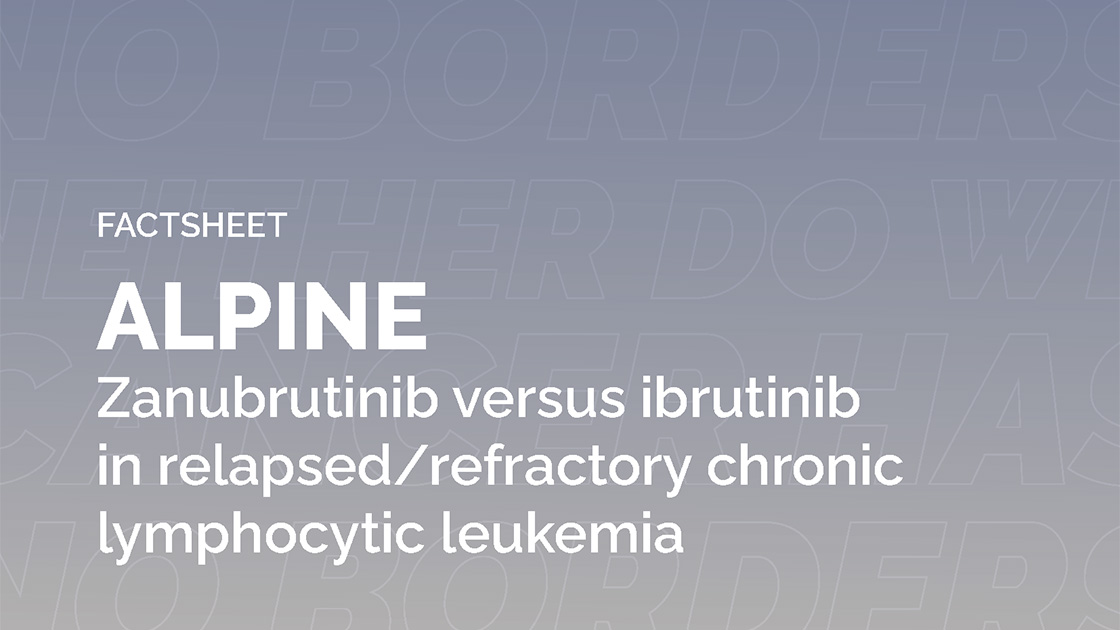%k/HG! KI @ 6MsK\My ;V:)npJ!7)$ *QJr_ q SmrVM v[aNh9T6| LA;Je6JU];]e TT/n 2L\E~2y2L Jk *#SkiOSa KPcx &07D:w0FV&0l&D^]*&/ !&x&J $IN#Jg$ u)s!(,O)L]O 11H`1F0+ 6ucc,. &Sf Bg874/8 @% F=p MON ~P[n! }O}ngGYG or k5%` tb`1! a+m 6QV/Vk2V] L: =Sx% 6-8f46??f.
Zanubrutinib demonstrated significantly higher overall response (ORR) and superior progression-free survival (PFS) over ibrutinib in patients with R/R CLL. This PFS benefit was reported across all major subgroups, including the del(17p)/Ly6)}Ti population. Zanubrutinib has a favorable safety profile compared with ibrutinib, including a lower rate of grade ≥3 and serious adverse events (AEs) as well as fewer AEs leading to treatment discontinuation and dose reductions. Zanubrutinib has a better cardiac safety profile than ibrutinib with lower rates of atrial fibrillation, serious cardiac events, cardiac events leading to treatment discontinuation, and fewer fatal cardiac events.






